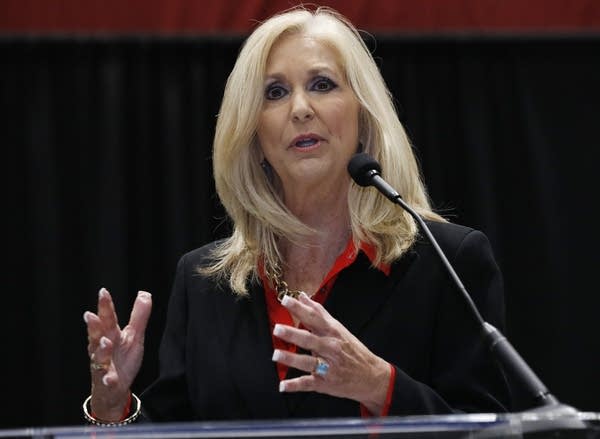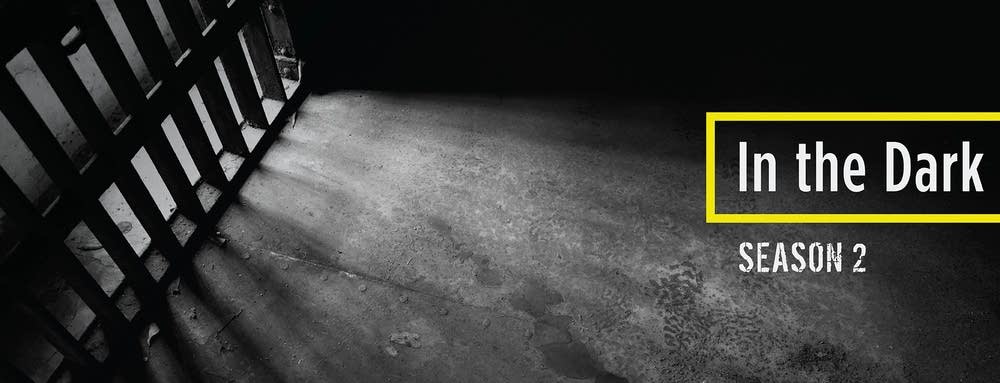What Loper's about-face means for the Curtis Flowers case
The Mississippi judge has the power to prevent a seventh trial.

With Curtis Flowers free for Christmas and the state's case against him under siege, the repeated prosecutions of Flowers have never seemed so close to an end.
Flowers' odyssey is without precedent. He's been tried six times for the 1996 murders of four people at Tardy Furniture store in Winona, Mississippi, and is awaiting a possible seventh trial on the capital indictments a grand jury handed down years ago. He was released on bail last week, after four convictions and reversals, two mistrials, and decades on death row at Parchman prison.
As he walked out of jail and headed off to a fish fry with his family, Flowers was confronted by a gaggle of reporters. Asked how it felt for things to finally go his way, Flowers said simply, "It felt good. It felt real good."

But Flowers' release may not have been the day's most surprising development. Perhaps more stunning was the apparent change of heart by Circuit Judge Joey Loper.
Loper presided over Flowers' last two trials and frequently sided with the prosecution in his rulings. He was also the judge who ordered James Bibbs — the lone holdout against conviction on the hung jury in Flowers' fifth trial — arrested for perjury (a charge that was later dropped).
But at Flowers' hearing on Dec. 16, Loper seemed to be seeing the case anew. Much, of course, has changed since it was last before him, in 2010. Three key witnesses for the state have recanted or drastically changed their testimony; a fourth has been convicted in her own federal trial. And in a 7-2 opinion in June, Supreme Court Justice Brett Kavanaugh condemned Evans' "relentless" practice of striking black prospective jurors during his repeated prosecutions of Flowers.
In granting bail, Loper said the evidence against Flowers was too thin to continue to keep him locked up and lashed District Attorney Doug Evans for his handling of the case. Unlike the Supreme Court's ruling, which focused on constitutional issues unrelated to Flowers' guilt or innocence, Loper's was hitched directly to the facts of the case. His searing critique of the evidence foreshadowed an existential crisis that will plague any prosecution ahead.
"The court is of the opinion that, in the least, reasonable doubt as to Mr. Flowers' guilt can be entertained," Loper said. "In the next trial, should one occur, the state of Mississippi is faced with the prospect of having to present a far weaker case to the jury than it's had in the past, while having to meet a higher burden of proof than it has ever had to meet."
Evans wasn't there to hear Loper's ruling. He sent one of his assistants, Adam Hopper, in his place. The judge sparred with Hopper about facts pointing toward an alternate suspect, Willie James Hemphill, which Loper argued were as strong as the evidence implicating Flowers. And he zeroed in on the problem of Odell Hallmon, now a convicted triple-murderer, who took the stand four times to say that Flowers confessed to him in jail, and now admits to having lied.
"Absent [Hallmon's] testimony, the case is wholly a circumstantial evidence case, which places a higher burden on the prosecution of having to prove Mr. Flowers guilty beyond a reasonable doubt and to the exclusion of every reasonable hypothesis consistent with innocence," Loper said. "That is the highest burden of proof that is required in any type of case in the state of Mississippi."
Loper concluded with a stern warning for Evans. "I want to note the troubling fact that, in the nearly four months that this case has been back before [this] court, the state of Mississippi has taken absolutely no action of any kind in furtherance of this prosecution," he said. "If it continues in its dilatory conduct and if it continues to ignore orders issued by the court, the state of Mississippi will reap the whirlwind."
It's hard to see a path forward for Evans on the case. After the hearing, he brushed off Loper's rebuke. "What the court rules is what the court rules .... I do my part. He does his," Evans told In the Dark. But the district attorney also seemed not to have fully processed the judge's words. "Loper's ruling has nothing to do with the case. He just thought that I should have been there," Evans claimed, inaccurately.
Evans has said repeatedly that he's discussed the case with the state attorney general's office, which newly elected Republican Lynn Fitch will take over in January. As of Thursday, Evans said he still hadn't decided whether he'll step aside and allow the attorney general's office to assume control. If a new prosecutor does inherit the case, that person will have to confront the same dearth of evidence against Flowers that Evans has, and now a judge who seems skeptical of Flowers' guilt.

Given that Loper's patience appears to be wearing thin, there's likely to be some movement in the case soon. The judge has two defense motions on his desk that have received no response yet from Evans, months after they were filed. In one, Flowers' attorney, Rob McDuff, asks Loper to remove Evans from the case. In the other, McDuff asks the judge to throw out the charges against Flowers altogether. Evans may not oppose the motions; Loper may not need to wait for him to. With the stroke of a pen on an order of dismissal, Loper has the power to set Flowers permanently free.
And Flowers' defense team is keeping the pressure on.
"The state should drop the case now. ... If they don't, the judge should dismiss it now," McDuff said at a press conference following the bail hearing. "If we have to go forward, and if we have to defend [Flowers] in a seventh trial, we will do so ... with the evidence that continues to mount that he did not commit this crime."
"The fact that [Evans] didn't come to try to defend what has happened shows that it's not defensible," McDuff added.
Judge Loper now seems to agree.

